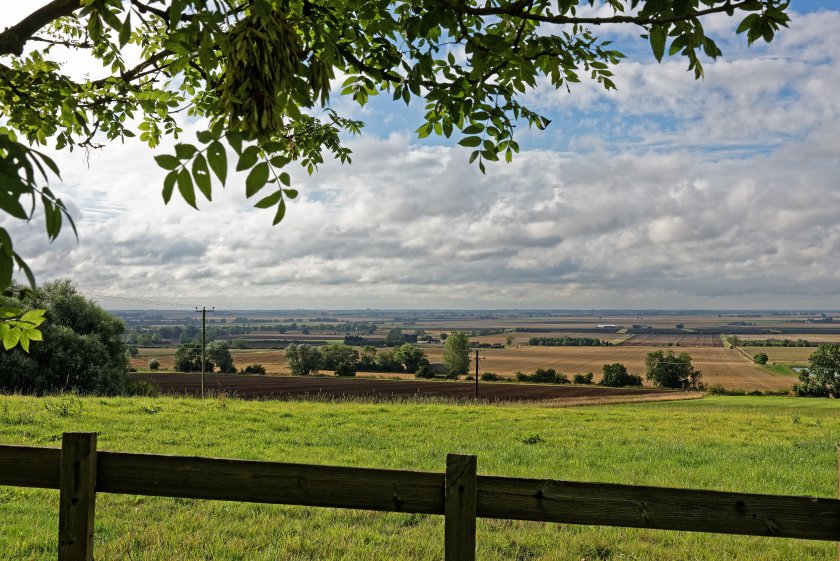
Average farmland values have broken the £9,000 acre barrier for the first time, a performance which puts it on par with gold.
According to the latest Q4 Index by Knight Frank, average farmland values saw a 2% surge, surpassing the £9,000 acre barrier for the very first time.
This performance contributes to an impressive annual increase of 7%, putting farmland values on par with gold in 2023, outpacing the FTSE 100 equities index which only achieved a growth of 4%.
Andrew Shirley, head of rural research at the property consultancy said: "Our findings underscores the resilience of this sector, outpacing traditional investments like equities and gold, which is quite remarkable to see.
"The scarcity of supply, coupled with unwavering demand from diverse buyers, has been instrumental in achieving this milestone.”
The repot says that despite headwinds such as high inflation, rising borrowing rates, weak commodity markets, and a decline in farm subsidies, the farmland market has showcased resilience in Q4.
According to Knight Frank, the scarcity of supply and persistent strong demand from diverse buyers has played a pivotal role in supporting these values.
The political landscape has also contributed to the stability of the farmland market, the report explains.
It reveals that Labour's pledge not to remove agricultural and business property relief in the upcoming general election has provided a sense of reassurance for landowners, and that consequently, forced sales are notably low at present.
Will Matthews, head of farms at Knight Frank, said the absence of forced sellers had certainly created a unique market dynamic.
"A persistent low supply makes it challenging to envision farmland trading at levels below those we've witnessed," Mr Matthews said.
"The robust demand and intense competition among affluent buyers frequently pushes values to £10,000 per acre, and large blocks can even exceed £15,000 per acre.”
Challenges are also highlighted in Knight Frank’s Q4 Farmland Index, including the increasing cost of finance, which is becoming a key factor prompting some landowners to consider selling.
Looking ahead, the firm predicts gradual uptick in prices, driven by sustained demand and a modest increase in supply compared to the previous year.
However, the possibility of substantial increases in prices relies on a significant reduction in interest rates.
Mr Matthews added: “As we enter 2024, we anticipate continued stability in farmland values, thanks to a balanced market and a lack of excess land.
"We expect to attract a mix of motivated buyers, which will contribute towards a competitive landscape throughout the year.
"The UK will continue to be a secure investment haven, especially in land, with buyers increasingly drawn to ownership as they look at natural capital as a safe bet.”
